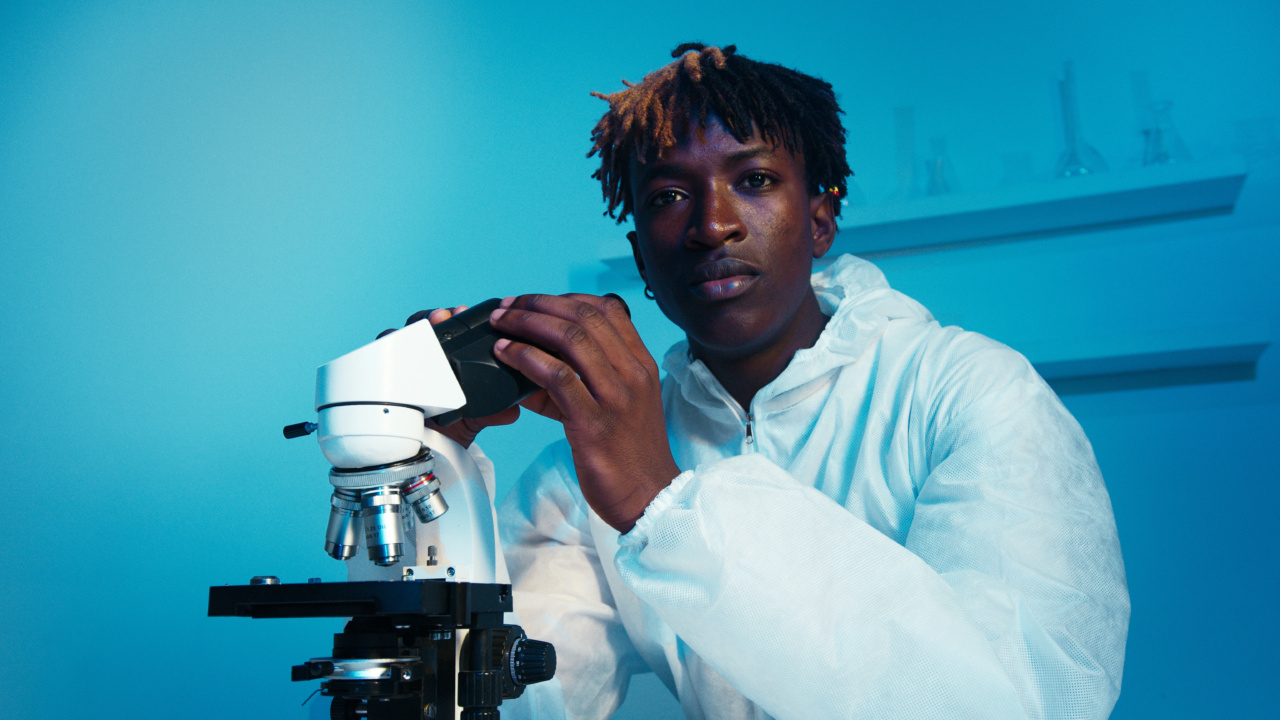Becoming a sperm donor is a choice that some men consider in order to help others start a family. While it may seem like a straightforward and altruistic act, there are several challenges that potential male sperm donors must navigate.
From the extensive screening process to the emotional considerations, this article will examine the various challenges that men face when deciding to become a sperm donor.
The Screening Process
One of the primary challenges of becoming a male sperm donor is the rigorous screening process. Sperm banks have strict guidelines and criteria that potential donors must meet before being accepted.
This includes comprehensive medical and genetic testing, psychological evaluations, and an assessment of lifestyle factors such as drug use and sexual history. The screening process can be highly invasive and time-consuming.
Anonymity and Identity
Another challenge for male sperm donors is the issue of anonymity. Many sperm banks offer donors the option to remain anonymous, while others allow open identity-release programs.
Donors who choose to remain anonymous may face challenges in the future when children conceived through their donation seek information about their genetic roots. On the other hand, those who opt for open-identity release programs may deal with the emotional implications of potentially meeting their biological offspring later in life.
Legal Considerations
The legal aspects of sperm donation present further challenges. In some countries, laws dictate that a sperm donor has no legal responsibilities or rights to the resulting children.
However, there are also jurisdictions where the donor can be held legally responsible for child support or may even seek parental rights. Navigating these legal considerations can be complex and challenging for potential male sperm donors.
Emotional Impact
While sperm donation is often viewed as a selfless act, it is not without emotional consequences. Donors may experience a range of emotions, including pride in their contribution, but also a sense of loss or abandonment.
Additionally, witnessing the joy of the recipient couple or single parent can bring about conflicted emotions or longing for their own biological family. Coping with these emotional challenges requires careful consideration and support.
Implications for Future Relationships
Becoming a sperm donor can have implications for future relationships, both romantic and familial. Potential partners may have differing views on the decision to donate sperm, which can lead to conflict or feelings of insecurity.
Family members may also express concerns or reservations about the donor’s involvement in creating biological offspring outside of traditional family dynamics. These challenges require open communication and understanding to mitigate potential conflicts.
Ethical Considerations
There are ethical considerations associated with sperm donation that pose challenges for potential male donors. Critics argue that it commodifies human life and reduces the act of procreation to a transaction.
Additionally, concerns have been raised about the potential for exploitation of donors or the creation of half-siblings through a single donor’s contributions. These ethical dilemmas can leave potential sperm donors contemplating the moral implications of their decision.
Financial Considerations
While some sperm banks compensate donors financially, others do not. This poses a challenge for individuals who may be motivated to become donors due to financial incentives.
In cases where monetary compensation is available, potential donors must consider whether their motivations align with the ethical and altruistic ideals of sperm donation.
Health Risks and Side Effects
Sperm donation, like any medical procedure, carries potential health risks and side effects.
Frequent semen collection can lead to temporary discomfort or fatigue, and donors may also experience psychological strain due to the pressure to produce high-quality samples. It is essential for potential male sperm donors to be aware of these potential risks and side effects and assess whether they are willing to accept them.
Privacy Concerns
Privacy is another significant challenge faced by male sperm donors. While sperm banks take measures to safeguard donor anonymity, there is always a possibility of breaches in confidentiality.
Donors must carefully consider the potential consequences of their genetic information being exposed, as well as the impact it may have on their personal and professional lives.
Long-Term Commitment
Becoming a sperm donor is not a one-time event but rather a long-term commitment. Donors may be required to provide samples regularly over an extended period, which can be challenging to sustain.
The commitment may also extend to being available for future medical or genetic information updates and potential contact with offspring. Donors must carefully consider their willingness and ability to fulfill these long-term commitments.
Conclusion
While becoming a male sperm donor can be a noble and selfless act, it is not without its challenges.
From navigating the rigorous screening process to addressing the emotional and ethical implications, potential donors need to carefully consider their motivations, values, and commitment before embarking on this journey. By understanding and acknowledging these challenges, individuals can make an informed decision about becoming a male sperm donor.





























